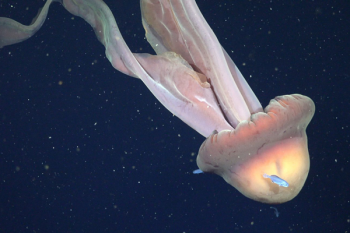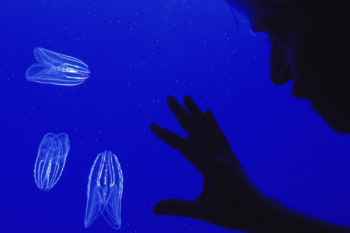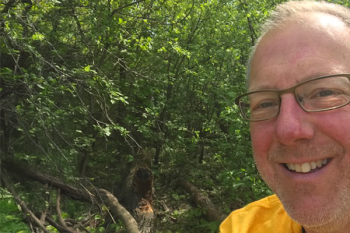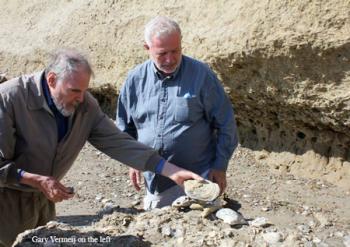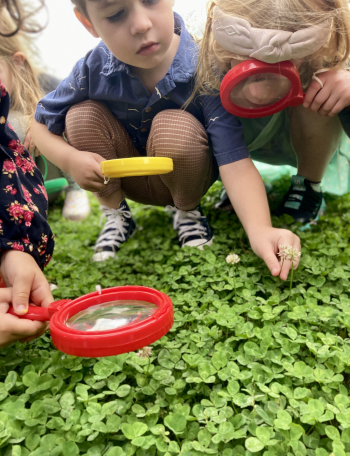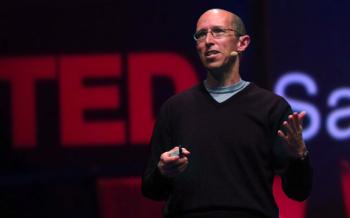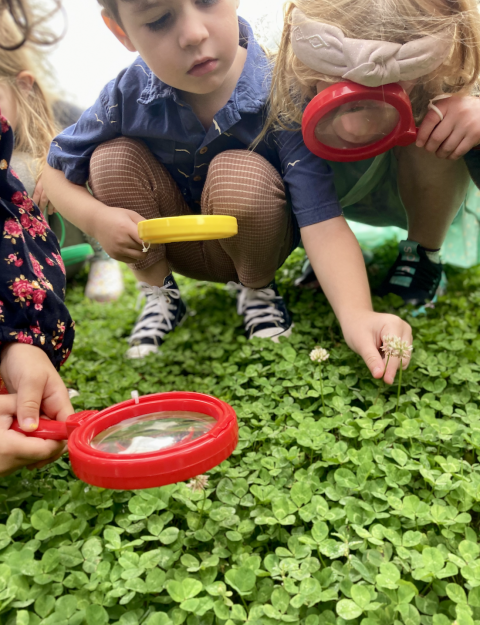
Teaching Climate Change
With the earth getting increasingly warmer and climate change research in the US under the cutting knife, students at all levels need to be climate literate. Shape of Life is dedicated to helping teachers expand their science curriculum to illuminate climate change and its impact on wildlife.
In 2024 we wrote about states requiring climate education. As of August 2024, five states require climate change be addressed in school curriculum: California, Connecticut, Illinois, New Jersey, and New York. An article in EdWeek highlights that most teachers have no training in teaching about climate change, but would like to be more prepared to teach it.
In thinking about teaching climate change, please consider:
- Visualizing the future you and your students want to see.
- Instill a real connection to nature to insprire real solutions.
- Help students feel empowered, capable and valued in doing their part to fight climate change, NOW, not later in their lives.
Supporting Teachers
The Environmental and Climate Change Literacy Projects (ECCLPs) looks at the big picture of how to help teachers teach climate literacy. Their mission states. ECCLP aims to …”highlight essential changes needed in how we teach and learn about climate change, focusing on interdisciplinary integration, equity, and real-world relevance. These shifts provide educators with a roadmap for fostering a deeper understanding of climate science and its social, environmental, and economic impacts, empowering the next generation to take meaningful action.” This is a partnership between the University of California and California State University. One of their programs is Ten Strands where environmental literacy is integrated into subjects and activities that are already in the curriculum instead of, the organization says, "burdening educators with another stand-alone and complex area to cover.”
During the time of climate crises, education has never played as critical a role in determining humanity's future as it does in the Anthropocene, an era marked by humankind's unprecedented control over the natural environment. Education doesn’t need to be just in the classroom, but interdisciplinary approaches through, art, design, film, and literature all can contribute to educating all ages.
The anxiety and stress of climate change impacts can be challenging for students. Climate Mental Health identified the need for tools to help teachers support students' mental health and manage their own climate-related emotions. The group found that 98% of teachers report encountering emotional reactions from students when teaching about climate change. But only 10% report having resources that provide guidance on addressing these emotions. To help, the group offers a Climate Emotions Toolkit .
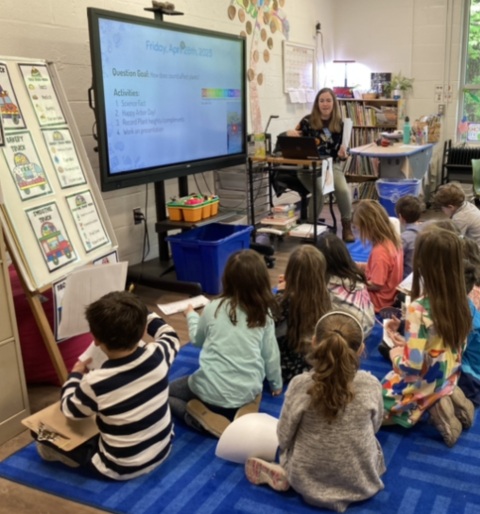
We’ve assembled some teaching resources to help teachers, below:
Climate Generation is focused on climate education. Teachers can join their network to get access “to resources, professional development, inspiration, and community networking to teach climate change in all disciplines, grade levels, and educational settings.”
CleanNet offers Climate and Energy peer reviewed lesson plans. The lessons are searchable by topic and grade level.
Our Climate Our Future has lesson plans searchable by topic. They work with ACE, Action for the Climate Emergency (ACE). ACE educates, inspires and supports young people to lead the fight for their future. "We ensure students have everything they need to understand the science and advocate for solutions to the climate emergency.”
Grades of Green has Eco-Lessons for K-12 so “students will grow their environmental knowledge to take action on alleviating the Climate Crisis.”
In this article from NPR, the authors give teachers ideas of ways to bring climate education into their classrooms.
Teach for All has a database of teaching resources that’s searchable by topic, grade level and region.
Gaia Scholastic, founded by our Featured Scientist Rachel Arbor, CEO & Founder of Gaia and NY State Lead for SubjectToClimate, describes Gaia Scholastic as an organization that "equips teachers with the skills to become environmentally literate educators is an essential piece of solving the climate crisis puzzle. You will find loads of interdisciplinary resources for environmental literacy at Gaia Scholastic.
SubjectToClimate provides lesson plans, activities and multi-media for engaging students in learning about climate change. They also have resources for teachers to give them confidence in teaching about climate change. Our Featured Scientist, Rachel Arbor, is also the NY State Lead for SubjectToClimate.
Science Friday is a wonderful resource for all kinds of great lesson plans.
We appreciate all you are doing to educate and engage students in the science of climate change.
